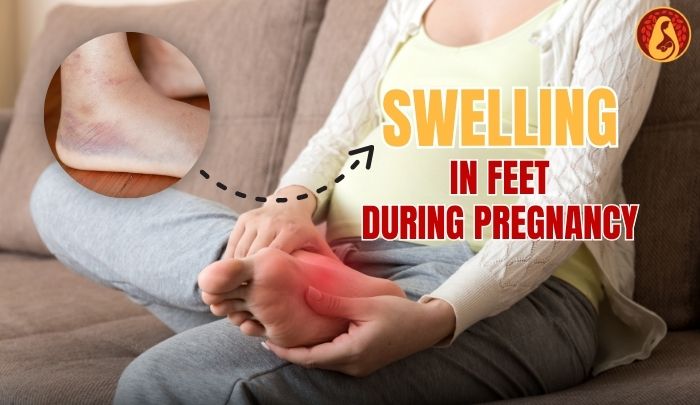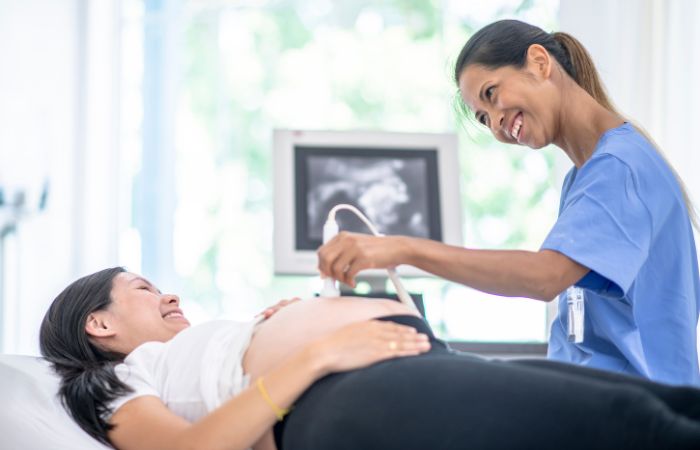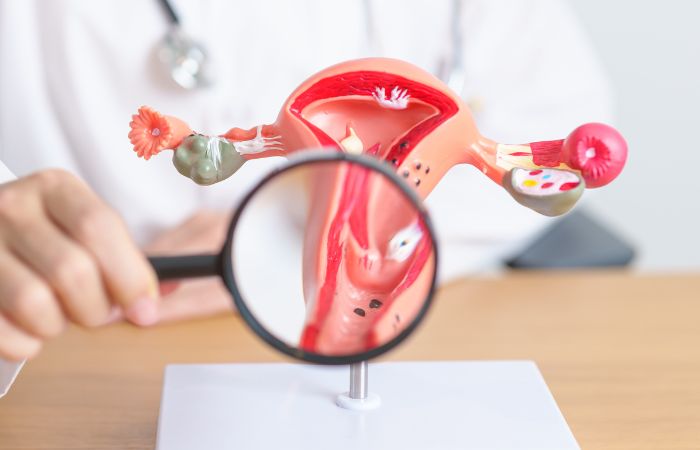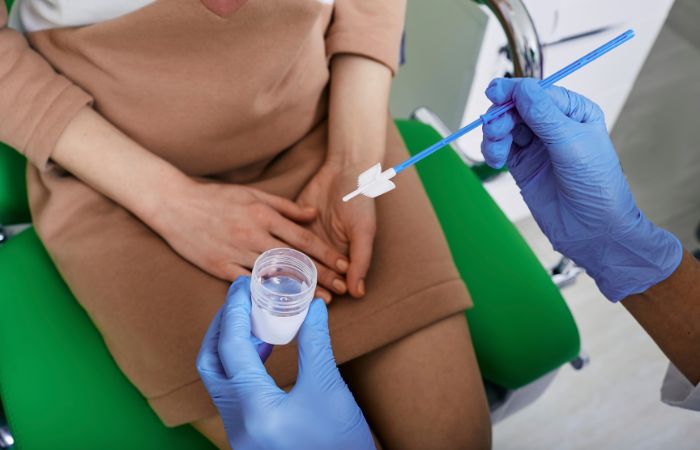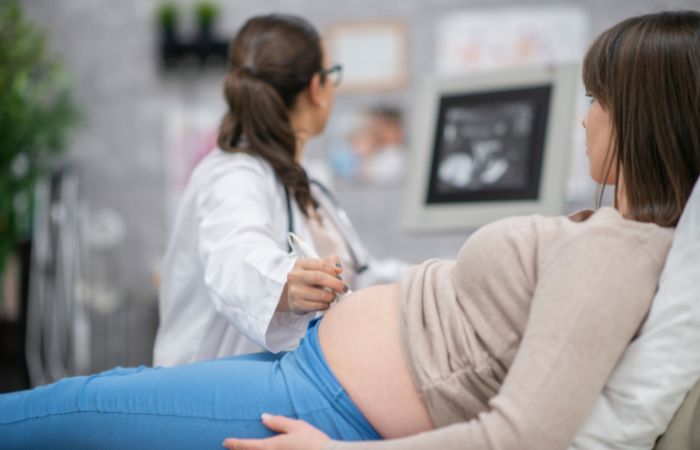Pregnancy is a magical journey full of excitement, anticipation, and yes—some uncomfortable symptoms too. One of the most common things many expectant mothers experience is swelling in the feet and legs. If you’re pregnant and noticing that your feet seem to be puffing up like a pair of balloons, you’re not alone! But don’t worry—while swelling (also known as edema) can be uncomfortable, it’s usually nothing to be alarmed about. In this blog, How to Reduce Swelling in Feet During Pregnancy ? we’ll explore why it happens, when to be concerned, and, most importantly, how to manage it effectively.
What Causes Swelling in Feet During Pregnancy?
First things first—why do pregnant women often deal with swollen feet and legs? Well, your body is going through a lot of changes, and some of these can contribute to the extra fluid retention and swelling in your lower limbs.
Dr. Aditi Godbole, a renowned obstetrician and gynecologist, breaks it down for us in her video. She explains that during pregnancy, your body’s blood volume increases by almost one and a half times. This extra blood helps support your growing baby, but it also causes more fluid retention. Think of your body as a water balloon—when you fill it up with more water, it expands. Similarly, your body holds onto extra water, which naturally gravitates towards your feet and ankles due to gravity.
On top of that, your uterus is expanding every day. As it grows, it starts to put pressure on the veins in your lower body, especially the ones that help return blood from your legs back to your heart. This added pressure can slow down circulation, leading to—you guessed it—swelling. Combine this with gravity, and you’ve got a recipe for some puffy ankles!
Is Swelling Normal or a Cause for Concern?
Swelling in the feet and legs during pregnancy is common, especially as you progress into the later months. However, how do you know when it’s just a harmless part of the pregnancy package or a sign of something more serious?
Dr. Godbole advises that if your blood pressure is normal and routine urine tests do not show any protein or albumin, there’s typically no need to worry. Swelling alone is not dangerous. But if your swelling comes on suddenly, is accompanied by high blood pressure, or you notice it in other parts of your body like your face or hands, it could be a sign of a condition called preeclampsia. Preeclampsia is a serious complication that requires medical attention, so it’s important to monitor your symptoms and consult your doctor if something feels off.
How To Reduce Swelling In Feet During Pregnancy? | Dr. Aditi Godbole- Gynecologist in Thane
Key Signs to Look Out For:
Sudden swelling, especially in your face and hands
- Severe headaches
- Blurred vision or sensitivity to light
- Sudden weight gain (more than 2 pounds in a week)
- If you notice any of these symptoms, don’t wait. Reach out to your healthcare provider immediately.
How to Reduce Swelling: Tips and Tricks
Alright, now that we know why swelling happens and when to be concerned, let’s get to the good stuff—what you can do about it! Here are some practical, easy-to-follow tips that can help reduce swelling in your feet and legs during pregnancy:
1. Compression Socks: Your New Best Friend
Compression socks might not be the most glamorous addition to your maternity wardrobe, but trust us, they work wonders! These socks help improve circulation by applying gentle pressure to your legs, which encourages blood flow back to your heart. Think of them like a gentle massage for your legs, helping to keep that fluid from pooling around your ankles.
Dr. Aditi Godbole recommends wearing compression socks, especially if you’re on your feet a lot or sitting for long periods. Whether you’re at the office, watching TV, or out running errands, these socks can provide much-needed relief from swelling.
2. Elevate Your Legs
This one is simple but effective. Whenever possible, prop your legs up. If you’re sitting at a desk, grab a small stool or even a stack of pillows to rest your feet on. The idea here is to keep your feet higher than your heart to encourage blood and fluid to flow back upwards.
At night, you can also try sleeping with a pillow under your ankles to keep them slightly elevated. It’s a small change that can make a big difference in how puffy your feet feel the next morning.
3. Stay Hydrated
It might seem counterintuitive, but drinking more water can actually help reduce swelling. When you’re dehydrated, your body holds onto even more water, exacerbating the problem. Aim to drink at least 8-10 glasses of water a day to keep your system flushed and happy. Plus, staying hydrated has countless other benefits for you and your baby!
4. Watch Your Salt Intake
Sodium can cause your body to retain water, so it’s a good idea to keep an eye on your salt consumption during pregnancy. We’re not saying you need to banish all salty snacks, but try to be mindful of how much you’re eating, especially when it comes to processed foods.
5. Exercise and Stay Active
You don’t need to start training for a marathon, but staying active can help improve circulation and reduce swelling. Gentle exercises like walking, swimming, or prenatal yoga can get your blood flowing and prevent fluid from pooling in your legs. Plus, these activities are great for your overall well-being during pregnancy.
6. Avoid Standing or Sitting for Too Long
Whether you’re stuck at a desk all day or on your feet constantly, try to take breaks and move around every so often. Sitting or standing in one position for too long can make swelling worse, so aim to move every hour if possible. Even a quick walk around the room can make a big difference.
7. Massage
If you can, indulge in a gentle foot or leg massage. Massaging the affected areas can help improve blood flow and reduce fluid buildup. If you’re feeling extra fancy, you could even ask your partner for a foot massage at the end of the day!
Final Thoughts
Swelling in the feet and legs during pregnancy is common and usually harmless, but that doesn’t mean it’s comfortable. By making a few simple lifestyle changes—like wearing compression socks, staying hydrated, and elevating your legs—you can reduce the swelling and enjoy a more comfortable pregnancy.
Remember, the swelling is just one small part of this incredible journey you’re on. However, if you ever feel that the swelling is getting out of hand or it’s accompanied by other symptoms like high blood pressure or sudden weight gain, don’t hesitate to consult your doctor. It’s always better to be safe than sorry!
For more personalized advice, feel free to reach out to Dr. Aditi Godbole, an expert in guiding mothers-to-be through their pregnancies. Stay comfortable, stay healthy, and don’t let a little swelling steal your pregnancy glow!
For consultation, contact Dr. Aditi Godbole: ☎️ 77158 88289

